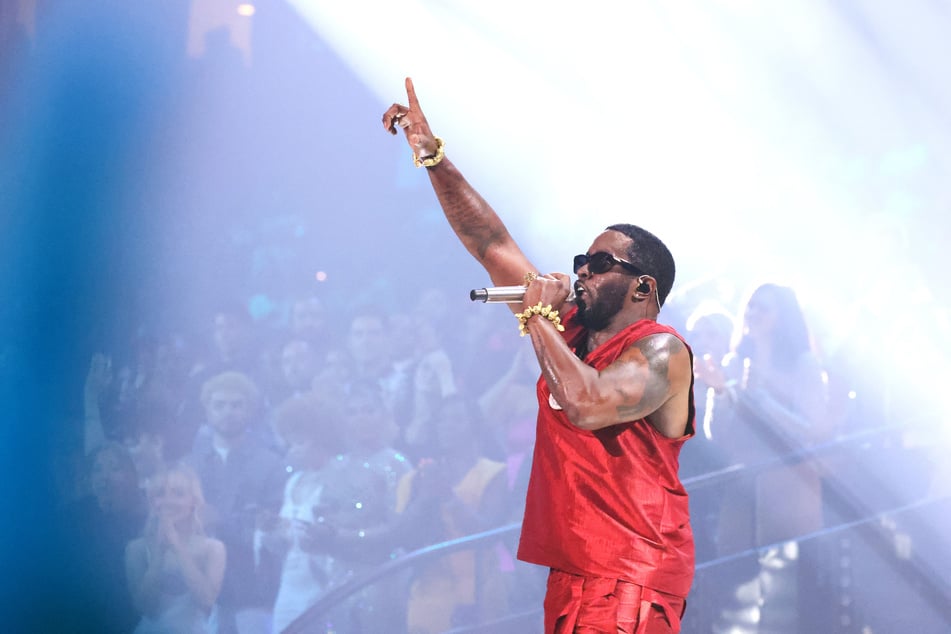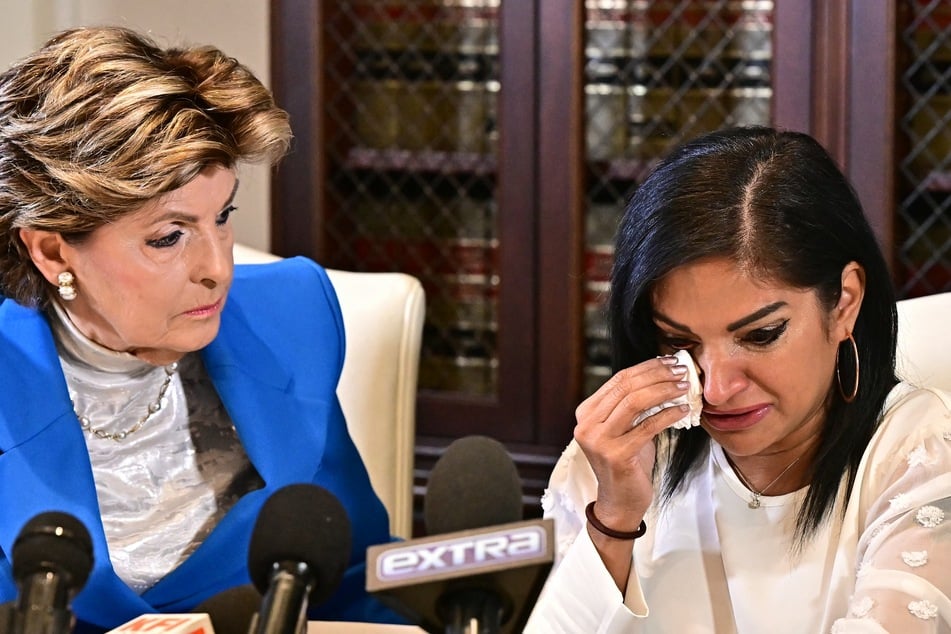Is the music industry finally having its #MeToo moment?
New York, New York - The music industry has long evaded a #MeToo reckoning like that experienced in Hollywood or the media, but the damning charges against hip-hop magnate Sean "Diddy" Combs could finally prove to be a turning point.

Federal prosecutors say that Diddy ran a criminal sex ring that preyed on women and blackmailed them into silence – accusations that have activists and industry watchers hoping music's moment of accountability has arrived.
Their hope has been bolstered by a massive class action suit that followed Combs's federal charges, as well as a new lawsuit against country star Garth Brooks.
When an explosive series of accusations against R&B hitmaker R. Kelly went public five years ago, outlets asked if that was the beginning of an important shift in music.
Kelly was convicted and sentenced to more than 30 years in prison for child sex crimes, sex trafficking, and racketeering.
It was indeed a milestone for the #MeToo movement as the first major sex abuse trial where the majority of accusers were Black women.
But wider cultural shifts in the industry long-cliched as a bastion of sex, drugs, and rock and roll didn't seem to crystallize.
The shock rocker Marilyn Manson, the music mogul Russell Simmons, the DJ Diplo, the producer Dr. Luke – over the years women have made serious accusations against these and many other powerful men in the industry. Few repercussions have followed.
"There's this whole pass we give rock stars because of the rock star trope," said Caroline Heldman, an Occidental College professor and co-founder of the Sound Off Coalition, which is focused on sexual violence in the music industry.
"A lot of survivors that I've spoken with from the music industry, they've internalized the rock star idea – that they should have expected" bad behavior, "because he was a rock star," she said.
Factors like race and lesser "star power" slowed music industry #MeToo movement

Kate Grover – a women's and gender studies professor at Washington and Lee University, who has researched intersections of gender and the music industry – said the notion of "geniuses" is also particularly pronounced in music.
"Once we have labeled someone as a genius," she said, "it kind of creates a scarcity model," where they're seen as too big to fail.
But women "are seen as much more disposable within the music industry than men," she added.
Many experts including Grover and Heldman say race is a clear factor when considering which cases are taken seriously by the wider public. Celebrity also plays a major role.
The victims in Kelly's lawsuits were young Black girls and women who "did not have the kind of star power that a lot of the actresses who came forward against Harvey Weinstein did," Grover said.
And pop's top musicians are frequently empires in their own right, said Heldman, "who employ a people who help them in their years of perpetration."
Since the initial lawsuit against Combs by his longtime partner Cassie Ventura, many similar lawsuits have followed. He is currently imprisoned on federal charges of racketeering and sex trafficking, awaiting trial.
The volume of the class action suit against him that followed this week "really speaks to the power of certain people in the music industry to marshal their fame and their resources to keep survivors quiet," said Heldman.
Cover photo: Mike Coppola/Getty Images for MTV/AFP Mike Coppola / GETTY IMAGES NORTH AMERICA / Getty Images via AFP

